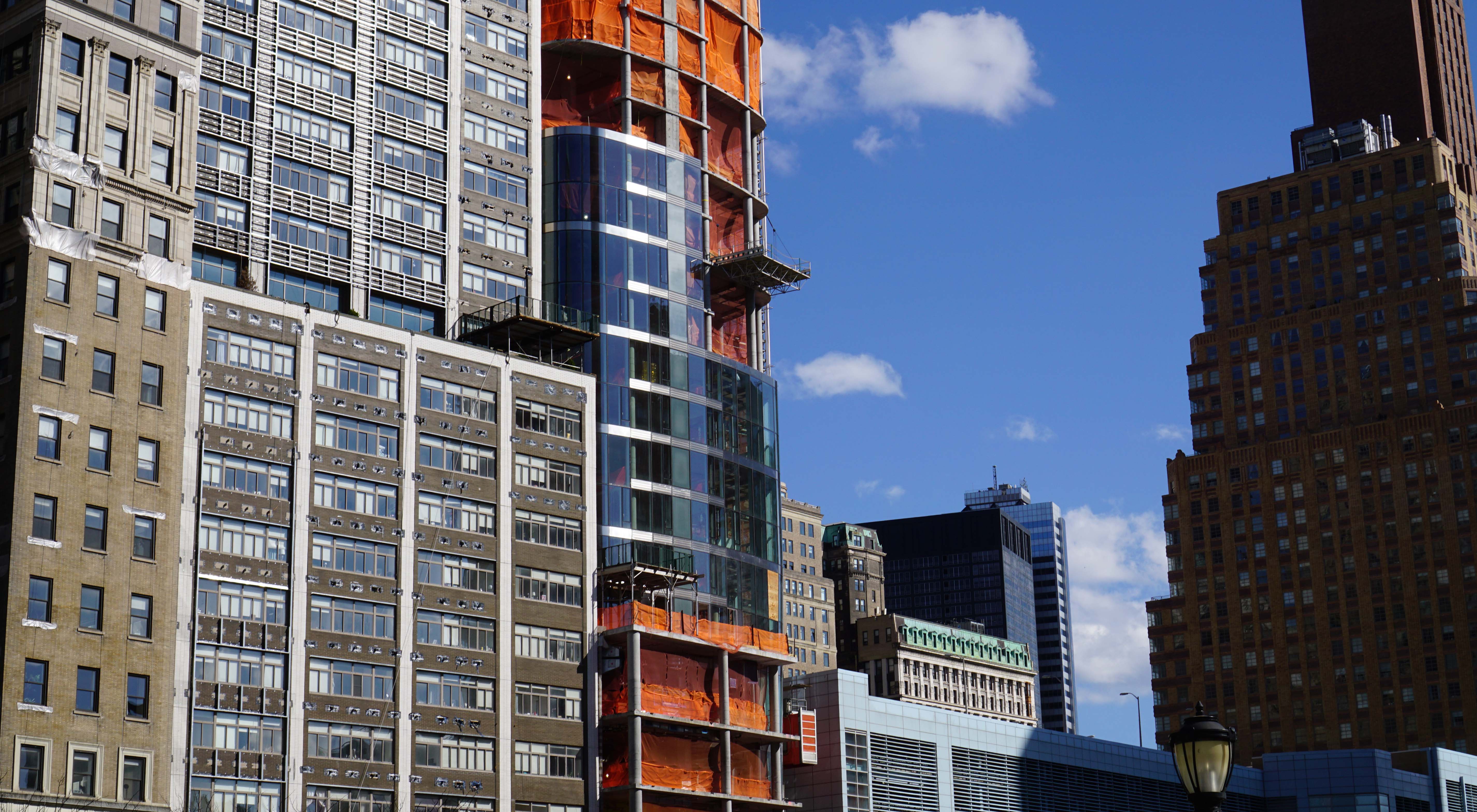This post has been read 2392 times!
 Update June 24, 2015- As a compromise, the 421-a law was extended for four years. The tax-breaks to the fat cat real estate moguls was extended for six-months, while the rent stabilization aspects of the program will stay for four more years.
Update June 24, 2015- As a compromise, the 421-a law was extended for four years. The tax-breaks to the fat cat real estate moguls was extended for six-months, while the rent stabilization aspects of the program will stay for four more years.
June 4, 2015- The WSJ reports today that the renewal of the 421-a real estate law that gives steep property tax breaks to billionaire real estate moguls is so scandalous that lawmakers do not want to be seen supporting it. U.S. Attorney Preet Bharara has investigated 421-a corruption matters as part of his investigation into the Moreland Commission that was shut down by Governor Cuomo.
The WSJ article states, “The future of a tax break that has saved New York City developers billions of dollars has emerged as the thorniest issue in the state capital, twisting political alliances, alarming the city’s real-estate interests and serving as another wedge between the state’s two top Democrats.
The tax program, known as 421-a, has previously drawn the scrutiny of an ethics panel because it gives lucrative benefits to developers, who also are among the state’s more generous political contributors.
The 421-a program started in 1971 when construction was languishing in the city. It often is credited with helping to re-etch the Manhattan skyline including with new super-tall residential buildings such as One57 on West 57th Street. The program is set to expire June 15, as do the city’s rent-regulation laws.
The tax break is considered crucial to ensuring developers build additional units of affordable housing, according to Mr. de Blasio and several in the real-estate industry. Some developers said the uncertainty over 421-a would make it difficult for developers to move ahead on projects.
Mr. de Blasio’s proposal would continue 421-a but toughen its affordable-housing requirements. The mayor would extend the benefits of the tax break for 35 years for developers who set aside 30% of a project for affordable housing.
Aside from the economic implications, however, many legislators are wary of touching 421-a, given the scrutiny trained on Albany this spring by U.S. Attorney Preet Bharara.
REBNY President Steven Spinola said the prevailing-wage (for construction unions) requirement sought by Mr. Cuomo would make it “economically impossible to build affordable housing.”
A de Blasio spokesman said a straight renewal of 421-a would be “indefensible.”. “Our reforms would end the tax breaks for luxury condos,” the spokesman said. “They cut the subsidy used to build each affordable apartment by a third. And they require affordable housing—and more of it—to be built in every corner of the city.”
At least some of the problems for 421-a have to do with how New York City has changed since the tax break’s original passage. As the city’s economy has strengthened so has skepticism about the need for the program.
“It was intended to promote building housing at a time when there wasn’t much going on, and it probably did succeed in promoting that,” said Margaret Newman, executive director of the Municipal Art Society, an urban planning group that has analyzed the tax program. But today, she said, “it’s certainly not economical for the city. A billion dollars is a lot to forgo.”
The ethics panel last year, known as the Moreland Commission to Investigate Public Corruption, investigated and questioned the 421-a program. Three New York real-estate companies were subpoenaed by the commission, though none was accused of wrongdoing.
In the Moreland’s only public report, the panel, questioned the 421-a program by name. “Our concern should be obvious,” said one former member, “the possibility of quid pro quo.”
